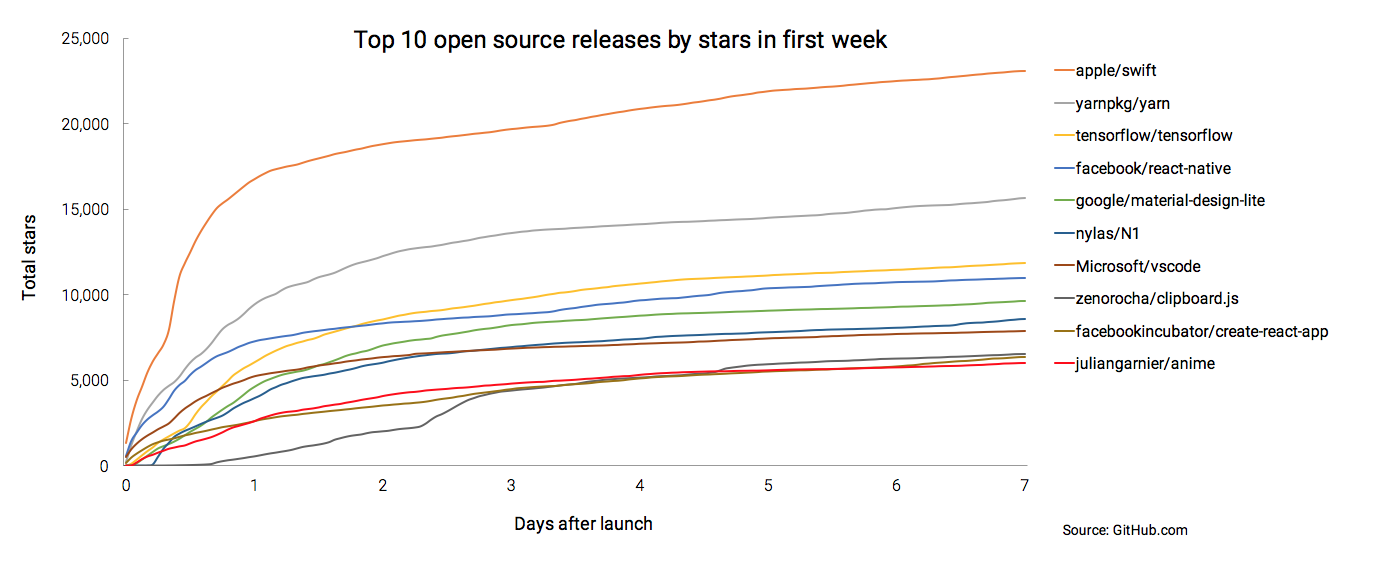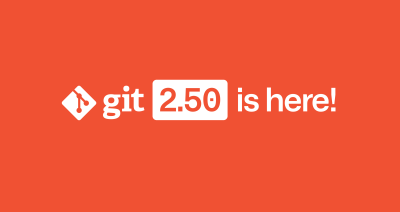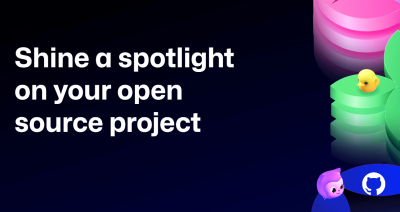Top open source launches on GitHub
The open source community on GitHub has released some of the world’s most influential technologies. Earlier this month, a new dependency manager for JavaScript called Yarn was launched and hit…

The open source community on GitHub has released some of the world’s most influential technologies. Earlier this month, a new dependency manager for JavaScript called Yarn was launched and hit 10,000 stars by its second day on GitHub. Stars are an important measure of the community’s interest and just one of the many ways to determine a project’s success.
Based on the number of stars in a project’s first week, here are the top open source releases on GitHub since 2015.
Anime
Anime is a flexible and lightweight JavaScript animation library by @juliangarnier. Check out some of the incredible demos.
Released: June 27, 2016
Stars in the first week: 6,013
create-react-app
create-react-app was released by Facebook. Its success is a testament to the popularity of React, the fifth most starred project on GitHub.
Released: July 22, 2016
Stars in the first week: 6,348
Clipboard.js
Clipboard.js is a lightweight JavaScript library by @zenorocha that makes it easy to copy text to the clipboard, which used to require plugins in older browsers.
Released: November 27, 2015
Stars in the first week: 6,522
Visual Studio Code
VS Code is an Electron-based code editor from Microsoft. Whether it’s text editors or libraries, Microsoft is using open source to build essential tools for developers.
Released: November 18, 2015
Stars in the first week: 7,847
N1
N1 is an extensible desktop mail app built on Electron. Themes and plugins make N1 a powerful and customizable mail client.
Released: October 5, 2015
Stars in the first week: 8,588
Material Design Lite
Material Design Lite from Google lets you add a Material Design look and feel to your static content websites. Check out the showcase to see great examples of what the community has built.
Released: July 7, 2015
Stars in the first week: 9,609
React Native
Released by Facebook, React Native is a framework for building native apps and is the second React project in this list.
Released: March 26, 2015
Stars in the first week: 10,976
Tensorflow
Tensorflow is an open source library for machine learning that was released by Google. With Tensorflow, developers can build intelligent systems using the same tools used by Google for Search, Gmail, Photos, speech recognition, and many other products.
Released: November 9, 2015
Stars in the first week: 11,822
Yarn
Yarn is a dependency manager for JavaScript released by Facebook, Exponent, Google, and Tilde. It aims to ease the management of dependencies in JavaScript projects with features like deterministic dependency resolution, more efficient and resilient networking, and offline mode.
Released: October 11, 2016
Stars in the first week: 16,068
Swift
Swift is a general-purpose programing language originally unveiled by Apple in 2014 and open-sourced in 2015. Swift is already in the top 15 most popular languages used on GitHub by number of opened Pull Requests and grew by 262% in the last year.
Released: December 3, 2015
Stars in the first week: 23,097
Open source software is about more than code. Getting the community engaged early is important to building momentum, and a successful launch attracts developers, designers, community managers, users, and companies that help the project thrive.
This data was gathered from queries against the GitHub Archive dataset available on Google BigQuery.
Written by
Related posts

Highlights from Git 2.50
The open source Git project just released Git 2.50. Here is GitHub’s look at some of the most interesting features and changes introduced since last time.

4 trends shaping open source funding—and what they mean for maintainers
Get insights on the latest trends from GitHub experts while catching up on these exciting new projects.

Shine a spotlight on your open source project
Celebrate #MaintainerMonth with two big opportunities to showcase your open source project at GitHub Universe and WeAreDevelopers World Congress. Applications are open. Don’t miss out!